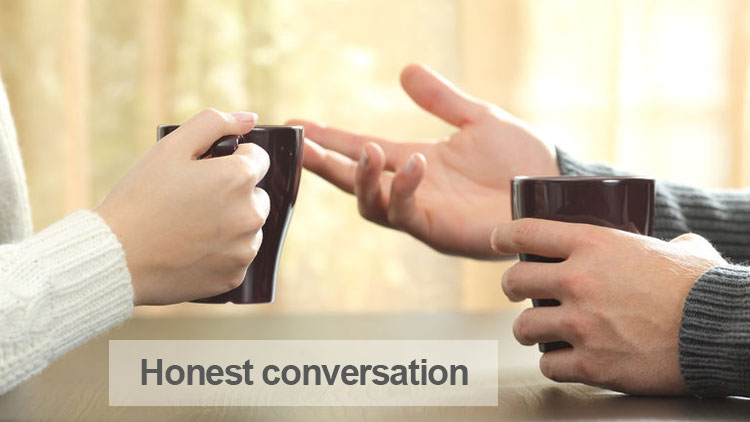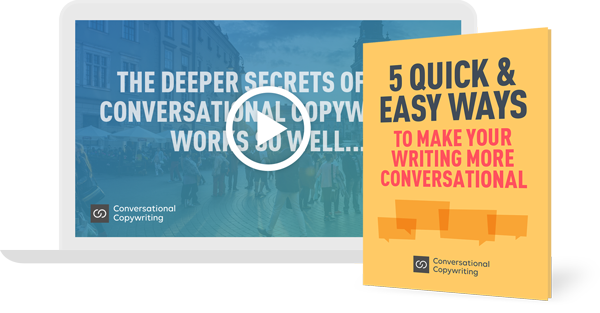
A short while back I was listening to a couple of colleagues discussing customer loyalty.
They more or less agreed that when a customer has made two or more purchases from a company, it would be reasonable to tag them as being loyal.
I don’t agree.
For example, I have made hundreds of purchases through Amazon over the years, but don’t consider myself a loyal Amazon customer. If a competitor came along with as much selection and convenience, at a better price, I’d switch. I’d stop being “loyal” the minute I had a better choice.
We see the same false assumptions about loyalty when we look at loyalty programs and cards.
According to loyalty marketing research conducted by Colloquy, a typical American household has memberships in 29 different loyalty programs, but is active in just 12 of them.
And even when they’re active, the vast majority of those people aren’t loyal, they’re simply looking for the best deal.
Real loyalty, in my view, has an emotional component. Loyalty is when you stick with a company in spite of a competitor offering a better deal.
How can a company hope to achieve that level of loyalty among its customers?
I think there are a number of contributing factors. The most obvious being that you won’t build a large group of loyal customers if your company doesn’t deserve their loyalty. You have to treat your customers well in every way.
With that as a given, I think the fastest way to create loyalty is through conversation… through direct, human contact with someone at your company.
For myself, I know that if someone reaches out to me with a question, problem or complaint, the fastest way to convert that unhappy prospect or customer into a lifelong fan is simply to get into a real conversation and help resolve the problem.
By phone, by email, by chat… it doesn’t matter. The most disarming thing in the world is to engage with a customer as a fellow human, and not as the mouthpiece of a business.
Outside of those direct, one-on-one human interactions – because you can’t always interact with customers one-on-one – something else a company can do is write or rewrite its digital marketing materials in a more human and conversational tone.
A stiff, corporate voice simply builds walls between a company and its customers. An overly promotional and salesy voice has the same, negative effect.
People don’t trust those voices. But they do trust a genuine and honest human voice.
Good conversational copy and content create a human connection, drive more sales and build real and lasting loyalty. Not the fake kind of loyalty that comes with a plastic card. The real kind that comes from reaching out and connecting with your audience in a voice that feels human and rings true.
That’s why I’m such a fan and proponent of the craft of conversational copywriting.
There are thousands of copywriters out there who are trained in the traditional, broadcast approach to sales and copy. And they keep pounding away, writing loud and pushy copy, trying to force the sale.
Far fewer copywriters are trained in the conversational approach.
And that, to my mind, spells opportunity.
NOTE: If you’d like to add the craft of conversational copywriting to your online writer’s toolbox, find out about the Conversational Copywriting course here…
